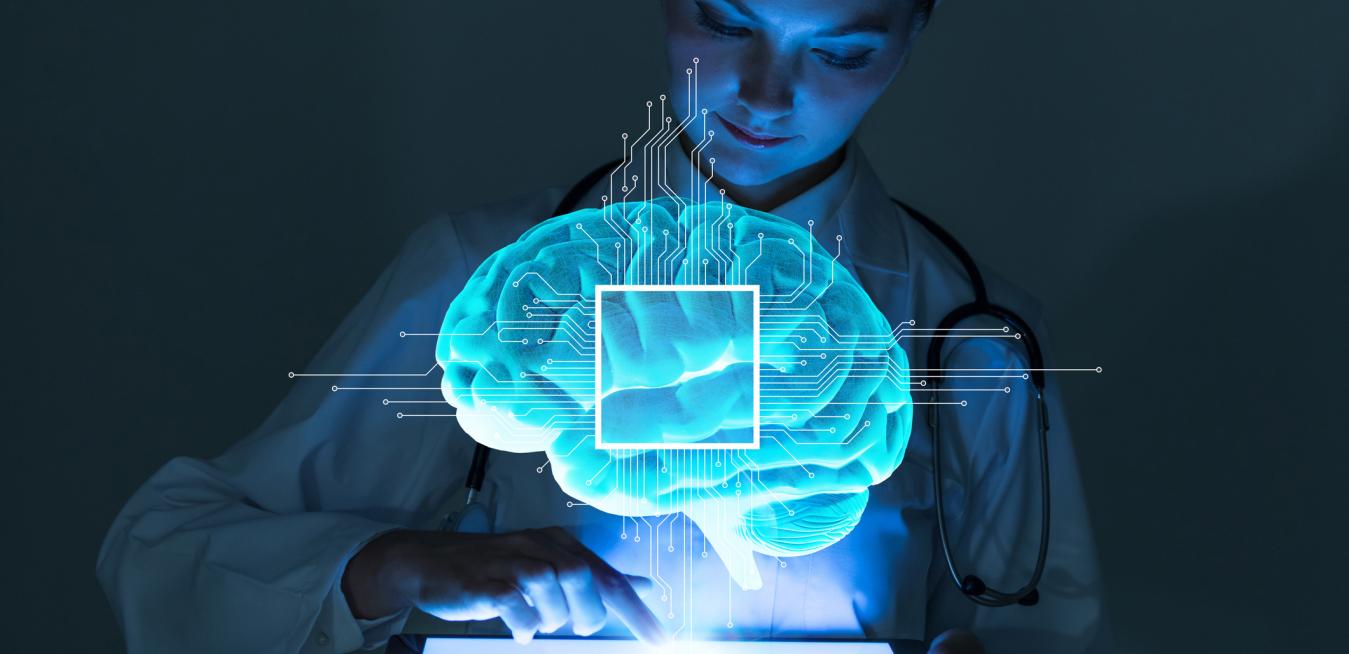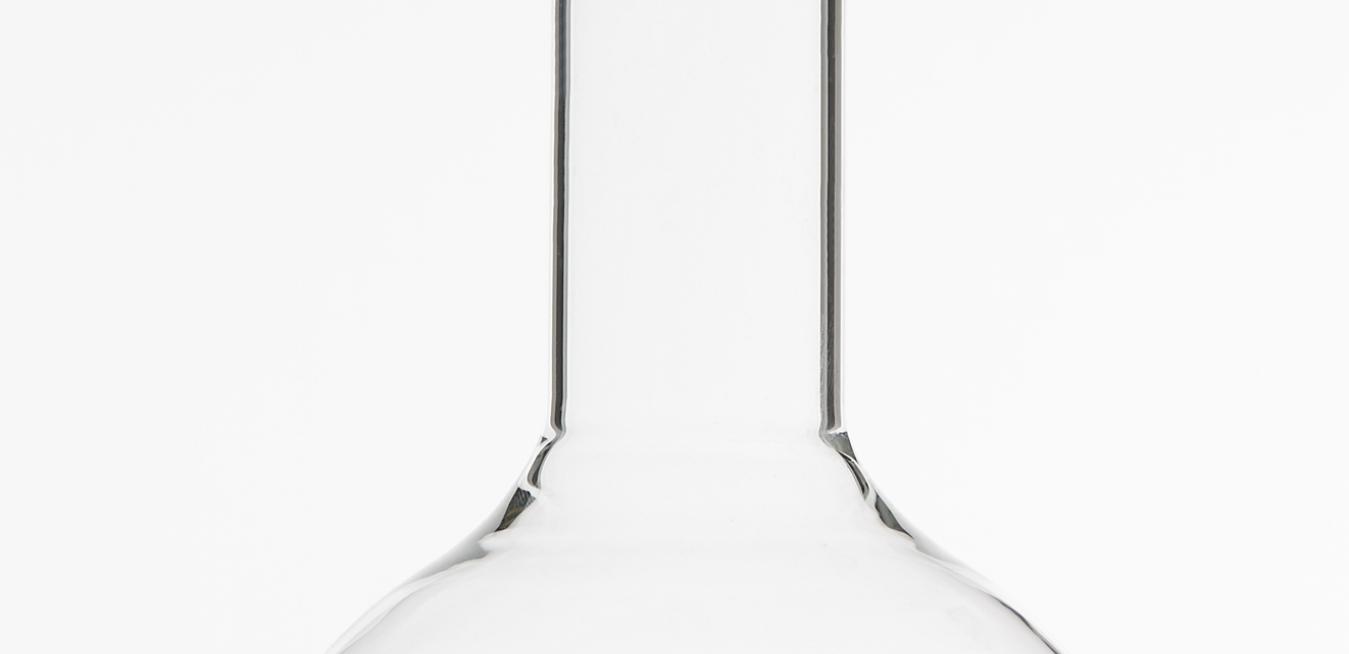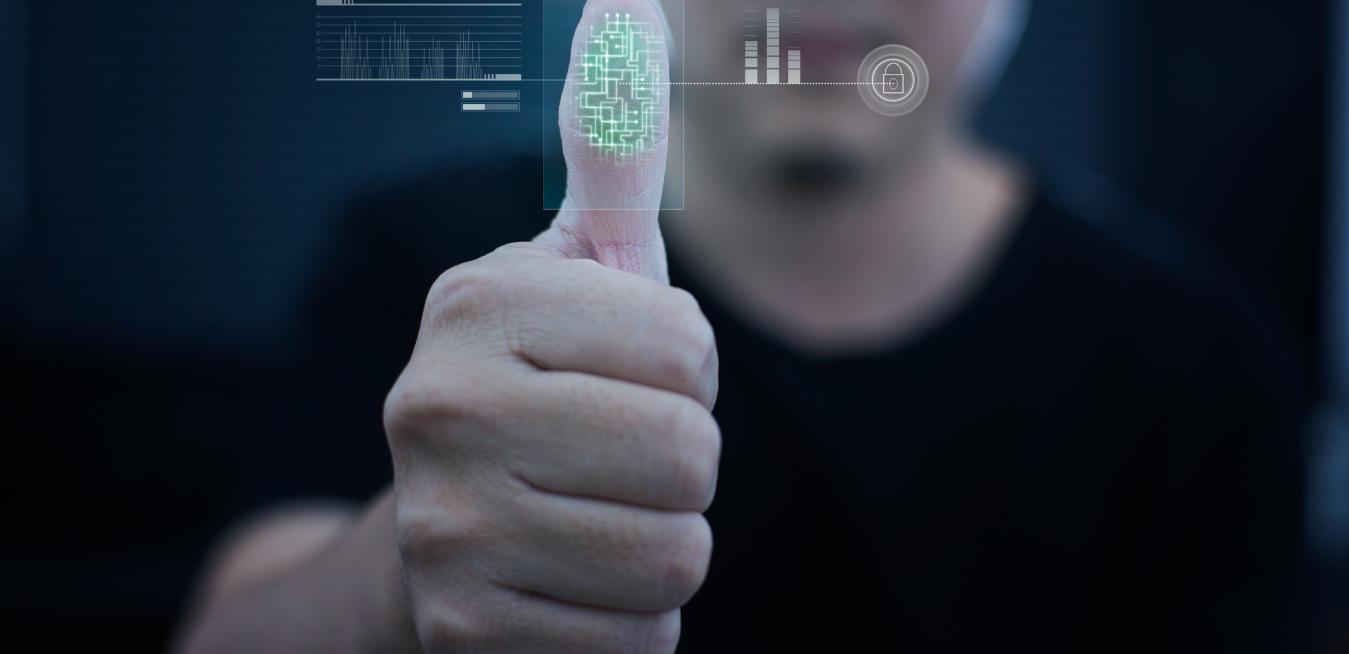Tiny robots will repair Britain's sewer system, an algorithm helps digital cameras see around corners and a controversial gene therapy technique could change the game for infertile people. All that and more in this week's coolest scientific advances.
Scientists are growing blood vessels in petri dishes, engineers are using bird feathers as inspiration for a new Velcro-like material, and a Japanese company hopes to use satellites to create artificial meteor showers. Nature’s amazing, but humans are doing it for themselves in this week’s coolest scientific developments.
Robots performing spinal surgery. Robots wandering about and asking for directions. A mysterious series of shifts in the earth’s magnetic field. Are conditions on Earth getting a little too strange in this week’s 5 Coolest Things? Fear not: At least we may be closer to figuring out hyperspace travel.
Star Child
It’s the little things that make all the difference in this week’s roundup of the most compelling scientific discoveries, where you’ll read about marine microorganisms engineered to have spy capabilities, a solar cell the size of a flea, and a pill that, once swallowed, can be controlled via smartphone.
As artificial intelligence technology becomes ever more advanced, bots are walking a fine line: This week brings news of AI helping wheelchair users control their movements with simple facial gestures, on the one hand — but the possibility of robots hallucinating, on the other, to less than positive results. Meanwhile, the president of Microsoft is calling for stricter regulation of AI involved in facial recognition. If it’s nuance you seek, you’ll find plenty of ifs, ands and bots in this installment of 5 Coolest Things.
Brain Gain: Lab-Grown Gray Matter Makes Waves
Promising Electricity-Producing Fungi Show Mushroom For Growth
Do Space Travelers Suffer Brain Drain?














